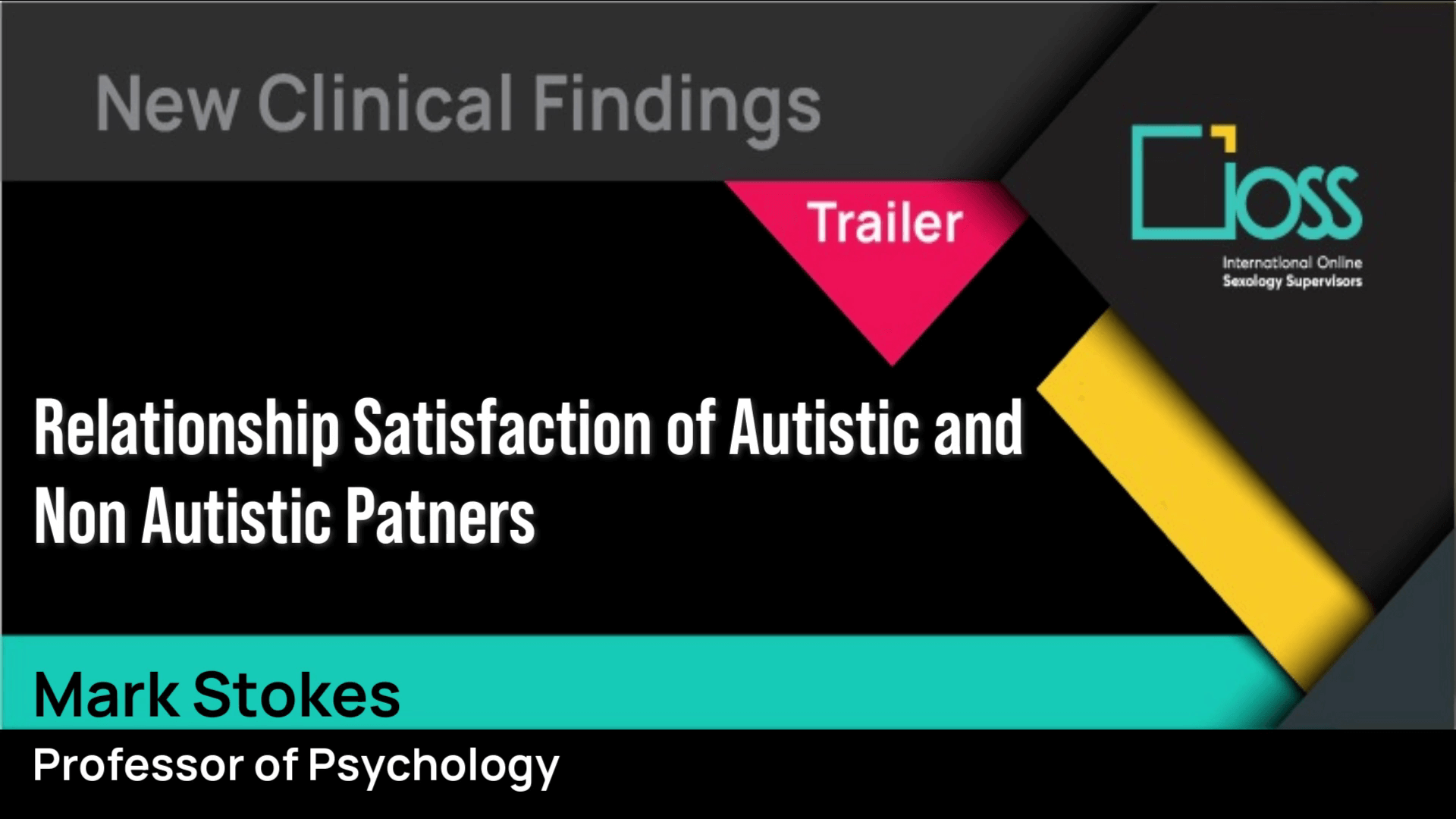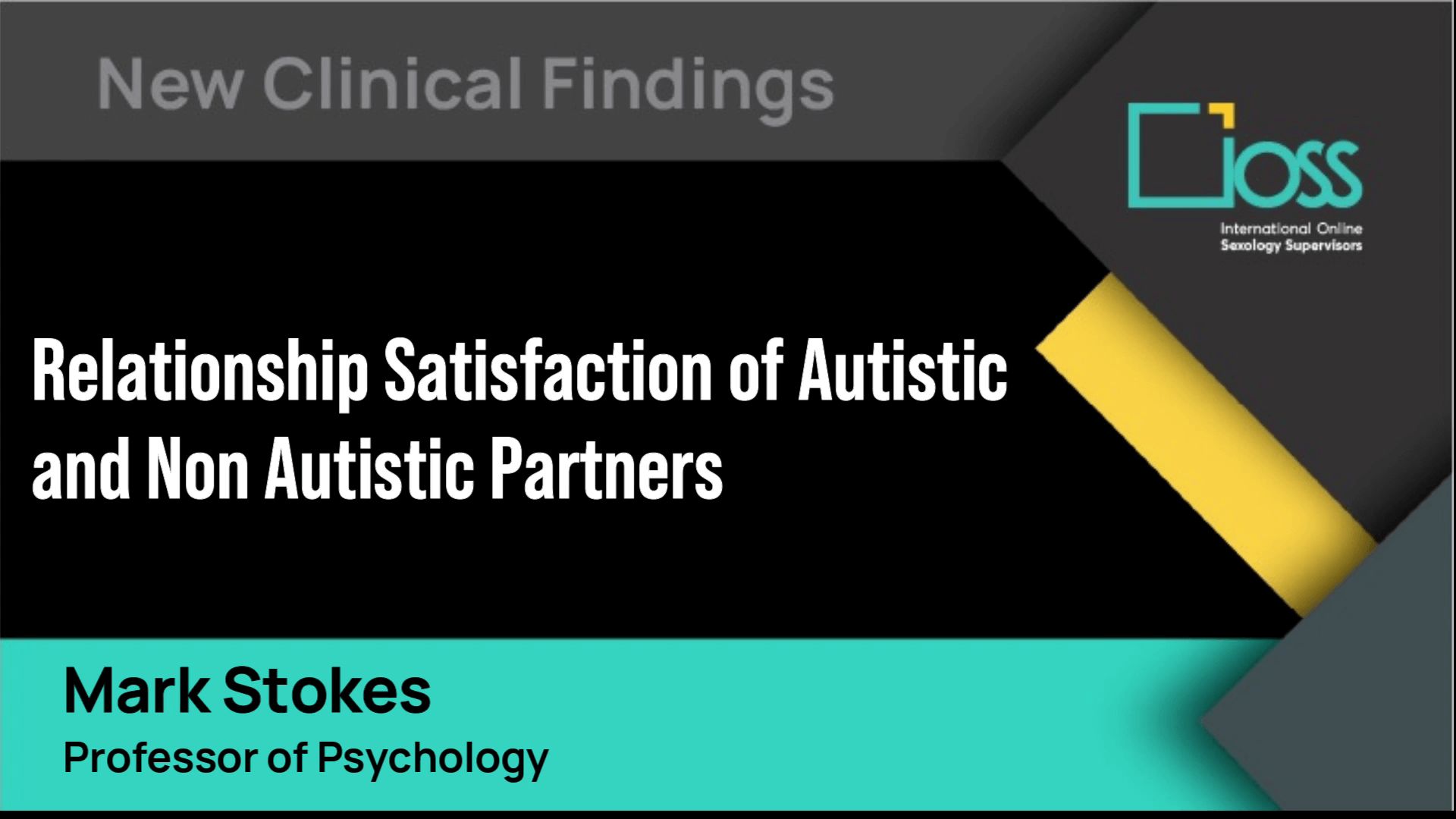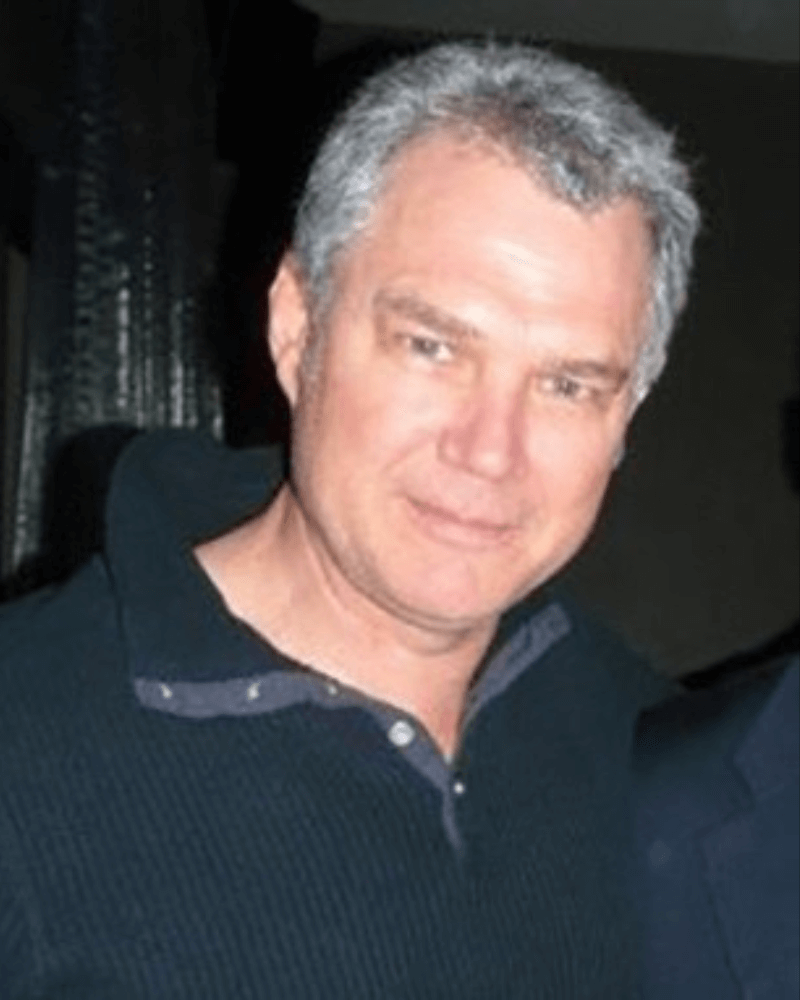Relationship Satisfaction of Autistic and Non Autistic Partners in long term Relationships
28m
Mark Stokes
Psychologist & Researcher
 Trailer
Trailer Get AccessFull Video
Get AccessFull VideoExisting research indicates that both autistic and non-autistic individuals express similar levels of interest in romantic relationships but that autistic individuals are less likely to be involved in one. Autistic individuals also report shorter romantic relationships and lower satisfaction with these relationships compared to their non-autistic peers. However, the majority of this research has focused on autistic traits as barriers to relationship success while overlooking the role of their partners in these relationships.
Autistic self-advocates and researchers have argued in favour of the concept of neurodiversity, which frames autism as a difference, rather than a disorder to be fixed. The concept of neurodiversity indicates that the neurological differences found in autism (and other neurological conditions) are natural variations on a continuum along which all human beings are positioned. Mark Stokes’ group explored a range of factors in both autistic people and non-autistic partners of autistic people and how they may be linked to long-term relationship satisfaction. They examined couples that were in long term successful relationships and looked at factors including social and communication skills, personality traits, social loneliness, partner responsiveness (which refers to the amount of support, caring, and validation that an individual perceives from their partner), and sexual satisfaction.
In this video, Mark explains what are the predictors of relationship satisfaction for both autistic and non-autistic partners. Mark also gives us valuable key data that has been obtained after years of research and that may direct clinicians when working with people in the autistic spectrum. What factors are crucial in relationship satisfaction, what strategies work best for autistic individuals when initiating a romantic relationship, which particular social skills are relevant and even the importance of appropriate dress.
- Yew RY, Hooley M, Stokes MA. Factors of relationship satisfaction for autistic and non-autistic partners in long-term relationships. Autism. Published online March 16, 2023:136236132311602. doi:10.1177/13623613231160244
- Cummins RA, Li N, Wooden M, Stokes M. A Demonstration of Set-Points for Subjective Wellbeing. J Happiness Stud. 2014;15(1):183-206. doi:10.1007/s10902-013-9444-9
- Sala G, Hooley M, Stokes MA. Romantic Intimacy in Autism: A Qualitative Analysis. J Autism Dev Disord. 2020;50(11):4133-4147. doi:10.1007/s10803-020-04377-8
- De Quadros-Wander S, Stokes M. The Effect of Mood on Opposite-Sex Judgments of Males’ Commitment and Females’ Sexual Intent. Evol Psychol. 2007;5(3):147470490700500. doi:10.1177/147470490700500302
- Galic I. Presentation and Dress among Individuals with Autism Spectrum Condition. 2014.

Mark Stokes
Psychologist & Researcher
Speaker
Mark Stokes is a registered psychologist and has been involved in Autism research since 1992, obtaining his PhD from La Trobe University in 1996 in circadian rhythms and sleep control
Following this, Mark has had appointments at La Trobe, Monash University, and Vanderbilt University. In 1999, Mark returned to Monash University as Director of the Victorian Injury Surveillance Unit at Monash University’s Accident Research Centre. In 2002 Mark was appointed to Deakin University where he established a research group – the Healthy Autistic Life Lab (HALL). HALL collaborates with many researchers globally and covers research programs into autism addressing sexuality; relationship development; the female profile of autism; mirror neurons in autism; and the transition to adulthood in autism. HALL seeks to understand how to support autistic adolescents and adults through the major transitions to adulthood, such as finding employment, finding a life partner, developing intimacy, to assist people to obtain a life that supports outcomes of mental health and positive well-being. Mark has published over 150 peer-reviewed publications, book chapters, reports to government, and more than 140 conference presentations. Mark has supervised over 30 doctoral and PhD completions.
Mark actively supports research into autism through his role as former President of the Australasian Society for Autism Research and National Lead for Australia to INSAR. Mark has also been involved in Child Injury Prevention and Intervention for 25 years. Mark has been a board member of Kidsafe since 2000 and is a life member and former President of Kidsafe Victoria and Kidsafe Australia. Mark is currently Vice President of Kidsafe Victoria.


